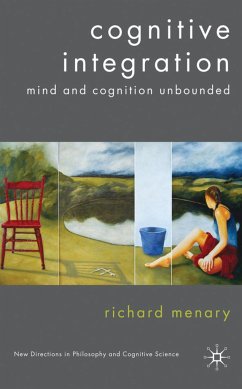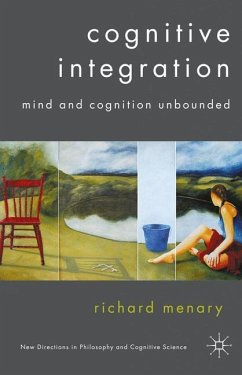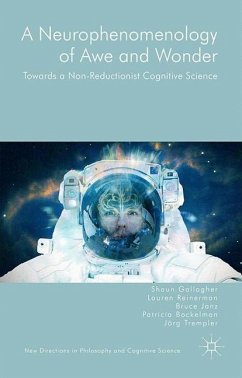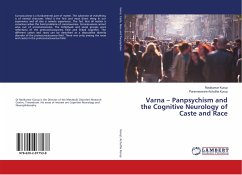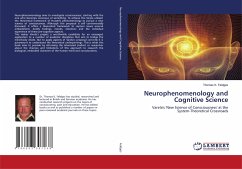
Neurophenomenology and Cognitive Science
Varela's 'New Science of Consciousness' at the System-Theoretical Crossroads
Versandkostenfrei!
Versandfertig in 6-10 Tagen
36,99 €
inkl. MwSt.

PAYBACK Punkte
18 °P sammeln!
Neurophenomenology aims to investigate consciousness, starting with the one who becomes conscious of something. To achieve this Varela utilised the theoretical framework of Husserl's phenomenology to pursue a new science of consciousness. Although this proposal is still controversially discussed, it offers a theoretical framework to capture issues around embodiment, bodily feelings, moods, emotions and the individual experience of these pre-cognitive aspects.This makes Varela's project a worthwhile candidate for an envisaged application to a number of academic disciplines that aim to bridge th...
Neurophenomenology aims to investigate consciousness, starting with the one who becomes conscious of something. To achieve this Varela utilised the theoretical framework of Husserl's phenomenology to pursue a new science of consciousness. Although this proposal is still controversially discussed, it offers a theoretical framework to capture issues around embodiment, bodily feelings, moods, emotions and the individual experience of these pre-cognitive aspects.This makes Varela's project a worthwhile candidate for an envisaged application to a number of academic disciplines that aim to bridge the mind-body divide. But to apply aspects of Varela's proposal correctly it is paramount to understand the theoretical underpinnings. This is what this book aims to provide by informing the interested student or researcher about the chances and limitations of this approach to research the biological, embodied character of the human mind and consciousness.





